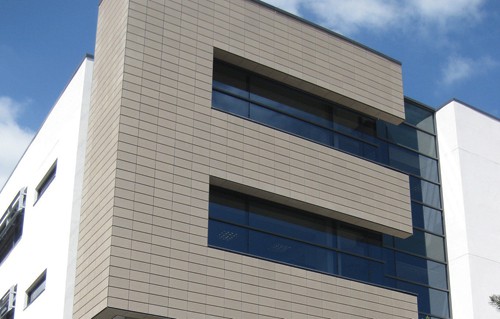
Eisai’s efforts to secure favourable pricing for its epilepsy drug Fycompa in Germany have hit the buffers once again.
The German Federal Joint Committee (G-BA) has concluded once again that Fycompa (perampanel) offers no additional benefit over existing drugs for epilepsy and so could only be reimbursed if it was priced at the same level as generics.
The latest development in the long-running saga has left Eisai “speechless” and “dismayed”, according to the company, which says the latest decision runs counter to the demands of the German Epilepsy Association (DE) and other epilepsy patient advocacy groups.
Eisai first introduced Fycompa in Europe in 2012 as a treatment for the adjunctive treatment of partial onset seizures, with or without secondarily generalised seizures, in people with epilepsy aged 12 years and older. It suspended distribution of the drug in Germany last year after the G-BA delivered its first negative verdict on pricing, which was taken on the advice of the German Institute for Quality and Efficiency in Health Care (IQWiG).
The company was given the go-ahead to resubmit the drug for assessment earlier this year and try to demonstrate that Fycompa provided additional benefit over older anti-epilepsy drugs (AEDs). The drug is the first and only AED that targets the AMPA receptors thought to play a central role in seizure generation and spread.
Eisai filed data from an observational study conducted in Germany and Austria that showed around half of the 281 people with highly refractory epilepsy treated with perampanel experienced at least a 50% reduction in seizure frequency. Moreover, up to 15% became seizure free during the observation period.
“We are utterly disappointed by the decision,” said Stefan Conrad, president of the DE, who said the G-BA is “denying people with epilepsy for whom no current treatment has been successful, the benefits of medical progress”.
Fycompa is approved in 35 countries and made 1.6bn yen (around $14m) in the first six months of the current fiscal year, and is expected to gain momentum should it secure approval in primary generalized tonic-clonic seizures, which would make it suitable for around 80% of all epilepsy patients. Positive phase III data in the latter indication were reported in June. Analysts have suggested it could develop into a $1bn-a-year product at peak.
“We will strive to continue talks with the G-BA to find a solution for the people who depend on new epilepsy treatments such as perampanel,” said Gary Hendler, chief executive of Eisai EMEA.
Halaven backed
There was somewhat better news for Eisai after IQWiG confirmed that another of Eisai’s new products – breast cancer therapy Halaven (eribulin) – does provide additional benefit compared to current treatments.
However the cost-effectiveness watchdog wants the drug to be limited for use in patients who can no longer be treated with taxanes or anthracyclines, something Eisai says it will address in its written statement to the GB-A.
Eribulin – first approved in Europe in 2011 and given a green light for broader use earlier this year – is the first registered drug in the new halichondrin class of microtubule dynamics inhibitors and brought in sales of around 14.5bn yen (around $126m) in the first six months of this fiscal year.
The G-BA is expected to publish its final decision after due consideration of the IQWiG report, with written statements and an oral hearing due at the end of January 2015.




